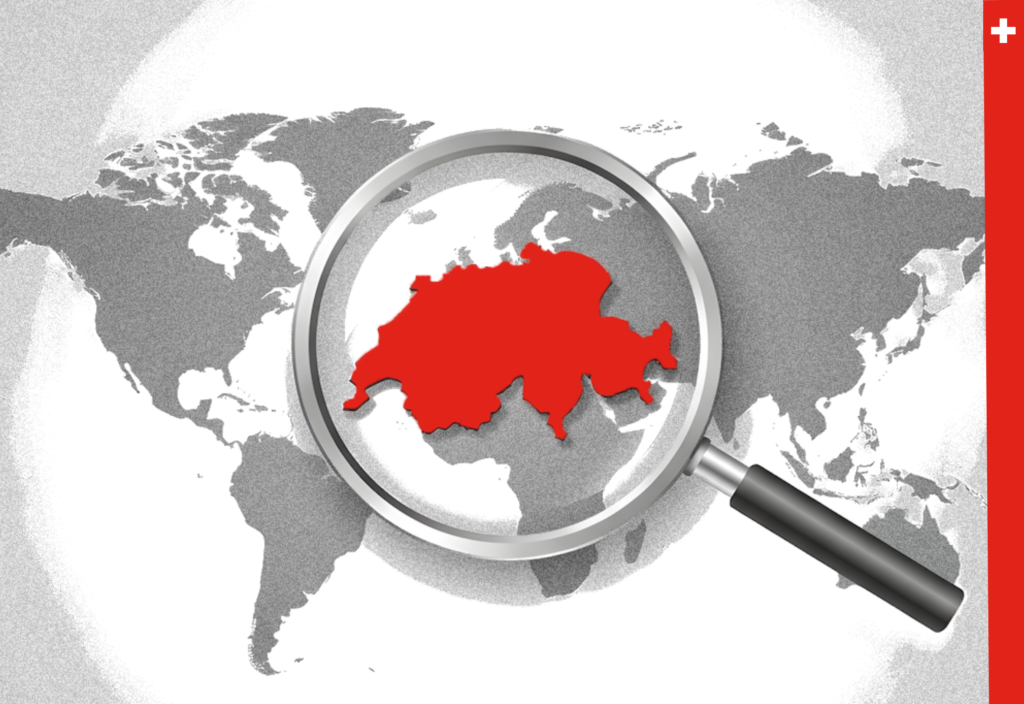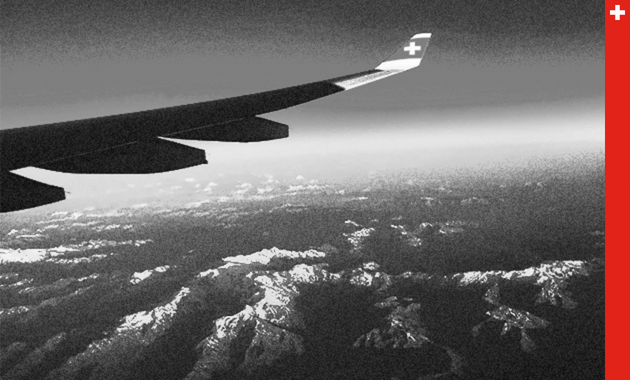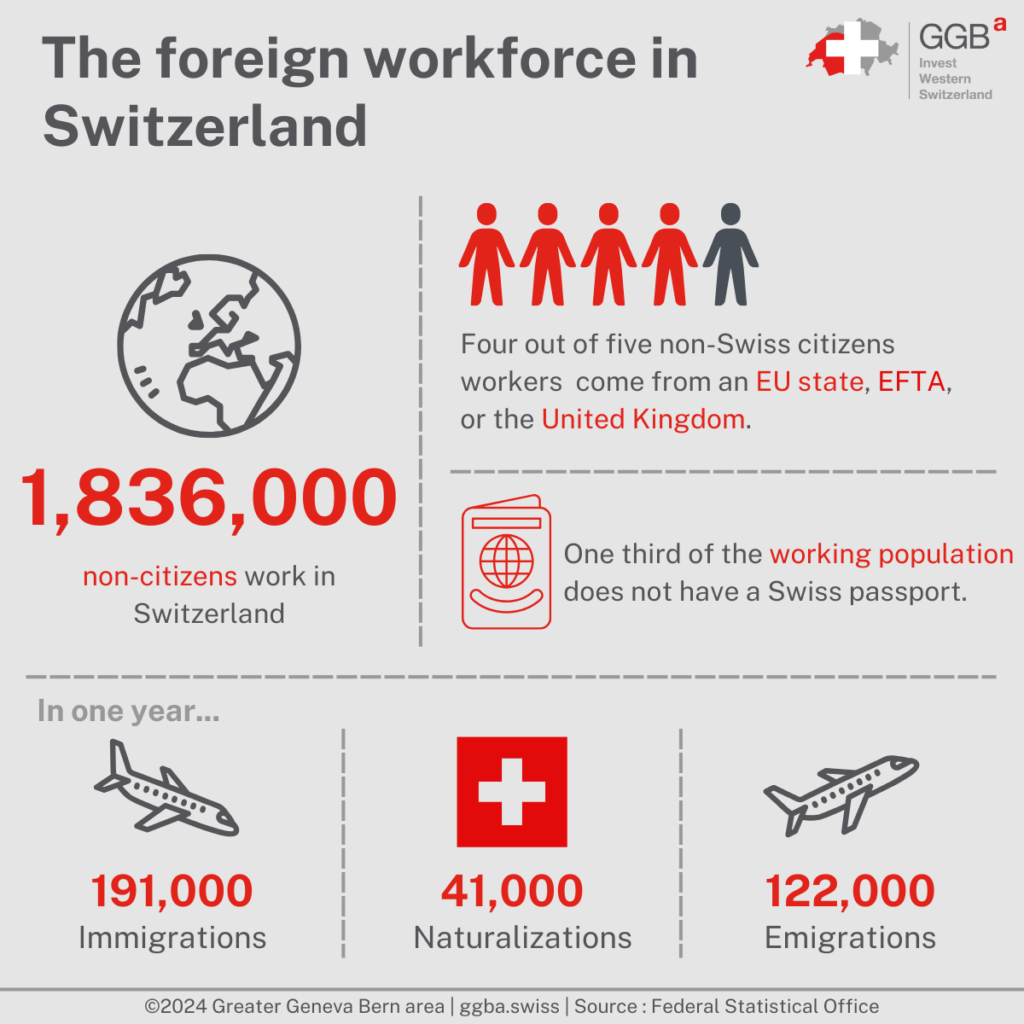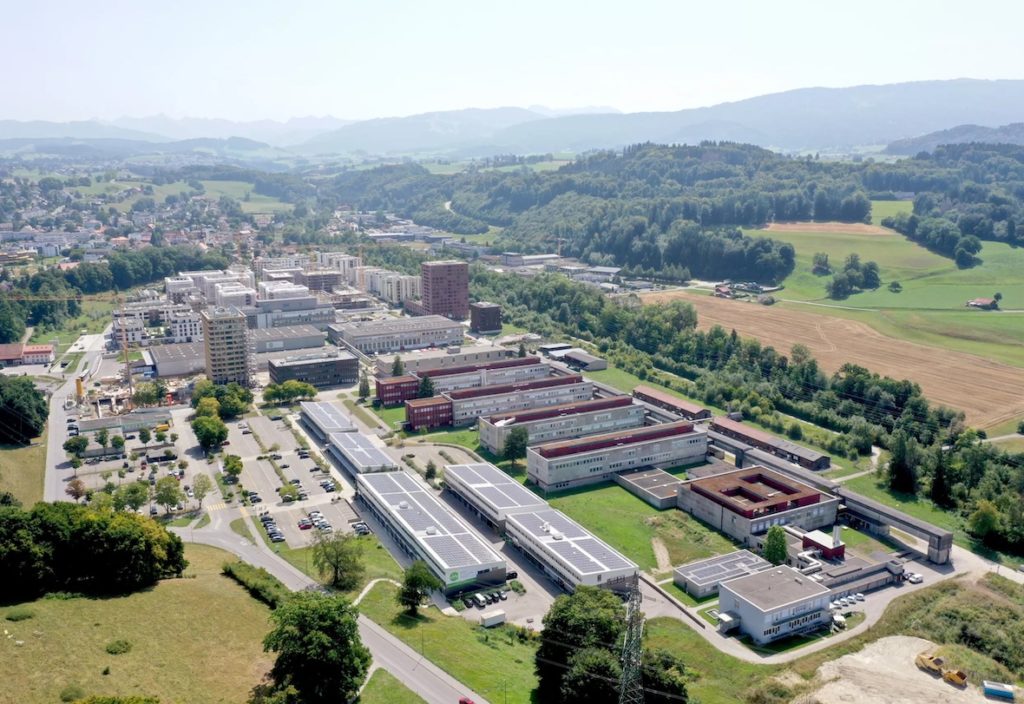
Working in Switzerland: visa, residence permit, and work permit

The conditions for entering Switzerland depend on the reason for the stay, its duration, and the nationality of the person concerned. It is therefore important to know the different criteria to be taken into account to determine whether or not you are entitled to work in Switzerland as a foreign country’s citizen.
Obtaining a visa to enter Switzerland
The need to obtain a visa to enter Switzerland depends on the person’s nationality and/or the length of stay. A list of travel documents and visa requirements according to nationality can be found on the website of the Swiss Confederation, which is regularly updated. Persons requiring a visa to enter Switzerland must apply to the Swiss representation responsible for their place of residence. The application form can be found on the representation’s website or on that of the State Secretariat for Migration (SEM).
Several documents may be required to obtain a visa, such as travel health insurance or documents proving the trip’s purpose. Information on the documents required can be found on the website of the representation in your country. If the visa application is refused, it is possible to lodge a written appeal with the SEM within 30 days of the decision’s notification.
It is essential to apply for a visa well in advance: it can take several weeks or even months to process an application depending on the season and/or the type of visa requested.
The two types of Swiss visa
The representations abroad and the SEM can issue two types of visas, depending on the reason for the stay:
- Schengen Visa Type C: This visa is for entry and short-term stays not exceeding 90 days within a 180-day period. A work permit is required for anyone planning to work during their stay. You can find the visa application form on the website of the Confederation.
- National visa (visa D): this visa is for long-term stays (more than 90 days). It is issued by the cantonal offices in charge of migration issues. You will find the application form on the federal website.

Residence and work permits
As mentioned above, a visa is not required for all persons wishing to enter Switzerland. The same is true for residence and work permits. In this area, Switzerland applies a binary policy: it distinguishes between nationals of the European Union (EU) and the European Free Trade Association (EFTA) and nationals of Third-states (i.e. non-EU/EFTA).
Residence and work permits for EU/EFTA citizens
People who benefit from the Agreement on the free movement of persons (AFMP) can stay and work in Switzerland for less than three months without special authorization. Indeed, if the duration of the work contract is less than or equal to three months, no authorization is required: it is enough to declare oneself. If the employment or the duration of stay exceeds three months, EU/EFTA citizens must declare their arrival in Switzerland within 14 days of their arrival to their commune of residence to obtain a residence permit. They must present a valid identity card or passport, as well as a work certificate or a declaration of employment signed by their employer. Depending on the duration of their activity, they will receive a short-term residence permit (EU/EFTA L permit for up to 364 days) or a residence permit (EU/EFTA B permit for at least one year).
The different types of residence permits for nationals of EU/EFTA member states are as follows
- Permit B (resident foreign nationals): for year-round residents, who may or may not be gainfully employed and who are staying in Switzerland for a specific purpose;
- Ci permit (resident foreign nationals with gainful employment): or members of foreign representations and family members of intergovernmental organizations (spouses and children up to 25 years old). The validity of the permit is limited to the duration of the main holder’s function;
- Permit C (settled foreign nationals): for people who have been in Switzerland for five or ten years. The right of residence is for an indefinite period and is not subject to any conditions;
- Permit G (cross-border commuters): for border residents who live in the foreign border area and work in the Swiss border area;
- Permit L (short-term residents): for short-term employment (generally for less than a year) or for other temporary stays.
In addition, there is the possibility of family reunification for EU/EFTA citizens in Switzerland. This allows them to bring their family members to Switzerland, regardless of their nationality. Family members are defined as spouses and children under 21 years of age or dependent children, as well as parents and relatives of the spouse being cared for.
Residence and work permits for non-EU/EFTA citizens
Regardless of the duration of their stay, citizens of countries outside the EU/EFTA always need a work and residence permit. Once you have arrived in Switzerland, it is important to register with the residents’ registration office of the municipality where you are staying within eight days.
Nationals of non-EU or EFTA states may only be admitted to Switzerland for gainful employment if they are qualified. Qualified persons are managers, specialists and other workers with qualifications, in particular university graduates with several years of professional experience. The employer is responsible for ensuring that a foreign employee has the necessary authorization to be hired. The employer must also prove that it was impossible to find a qualified employee for the position in Switzerland or in the EU/EFTA states and that the training of a qualified employee was not possible in a timely manner.
Some professions, in particular in the fields of health, teaching and justice, are regulated (see the list of these professions on the swissuniversities website). Their practice depends on the possession of a diploma, an academic certificate or a certificate of aptitude. Foreign diplomas in these fields must be recognized by the competent authorities, namely the State Secretariat for Education, Research and Innovation (SEFRI).
The different types of residence permits for non-EU/EFTA nationals are as follows:
- Ci permit (see above);
- Permit G (see above);
- Permit F: for foreigners admitted on a provisional basis;
- Permit N: for asylum seekers;
- Permit S: for people in need of protection.
In the context of location projects, it is recommended that the various applications be grouped. Cantonal investment development agencies, such as Greater Geneva Bern area, can provide advice on procedures and processing times for applications.
Obtaining Swiss naturalization
The final option for working and living in Switzerland on a long-term basis is naturalization. There are five conditions for naturalization in Switzerland:
- Have resided in Switzerland for twelve years (years spent in Switzerland between the ages of 10 and 20 count double);
- To be integrated into the Swiss community;
- To be accustomed to Swiss customs and habits;
- Comply with the Swiss legal system;
- Not jeopardize Switzerland’s internal or external security.
The foreign spouse can benefit from facilitated naturalization under certain conditions. This can be applied after having lived in Switzerland for a total of five years, provided that the marriage has lasted at least three years. Non-Swiss children who have a Swiss parent may also apply for facilitated naturalization.
In a nutshell: for EU/EFTA nationals, working and living in Switzerland is easy since they only need to complete certain administrative formalities. For non-EU/EFTA nationals, the procedures are a little more complex and selective. However, they still have several options to obtain a visa, demonstrating Switzerland’s openness to the rest of the world.
Greater Geneva Bern area (GGBa) is the investment development agency for Western Switzerland. If you are a company and would like to find out more about how we can help you set up your activities in the region, contact us.
Our articles “Why Switzerland” can answer the questions you have.

